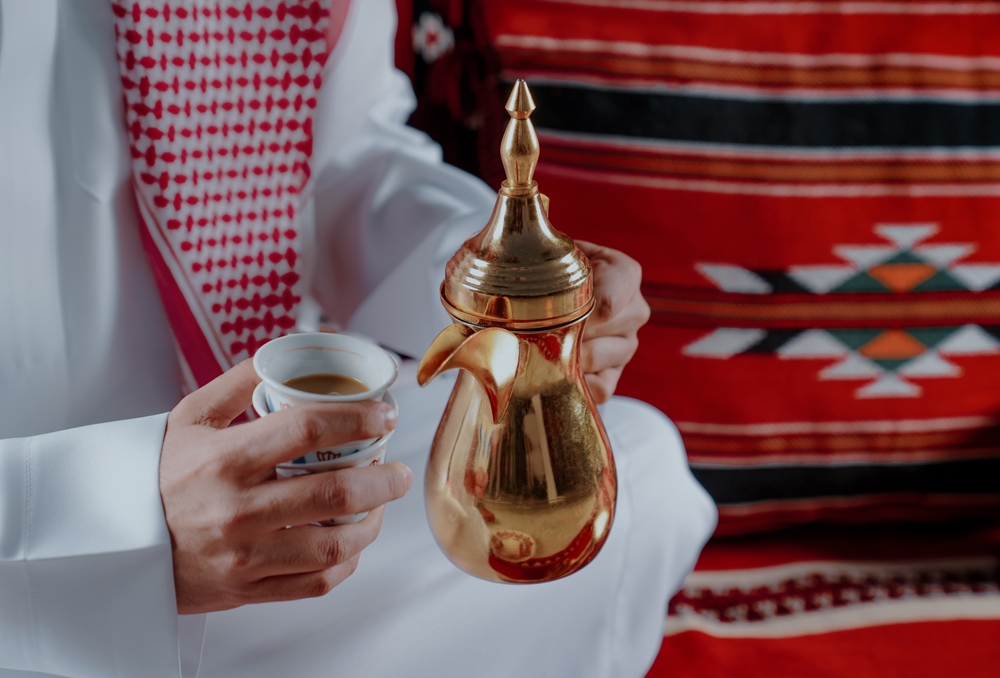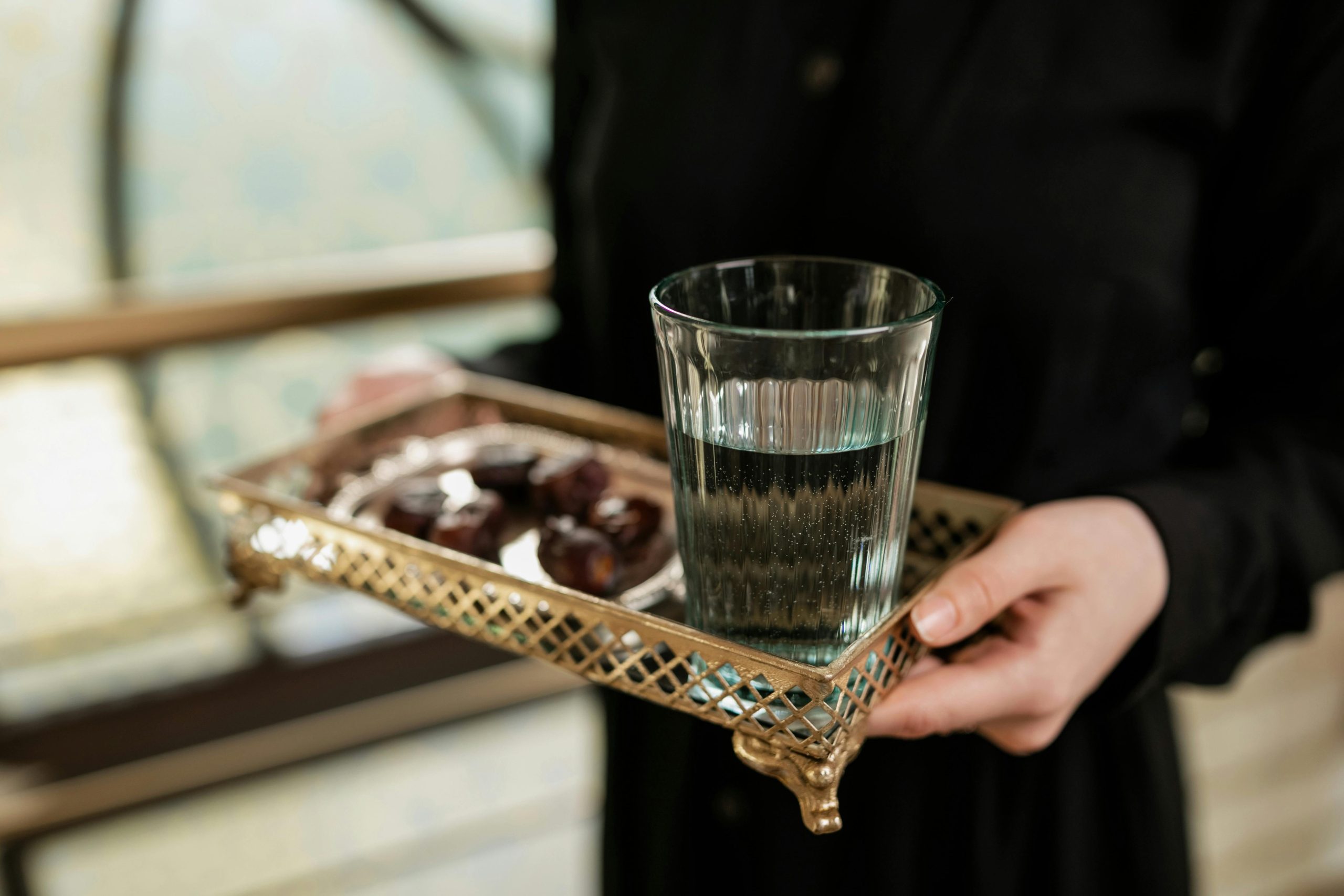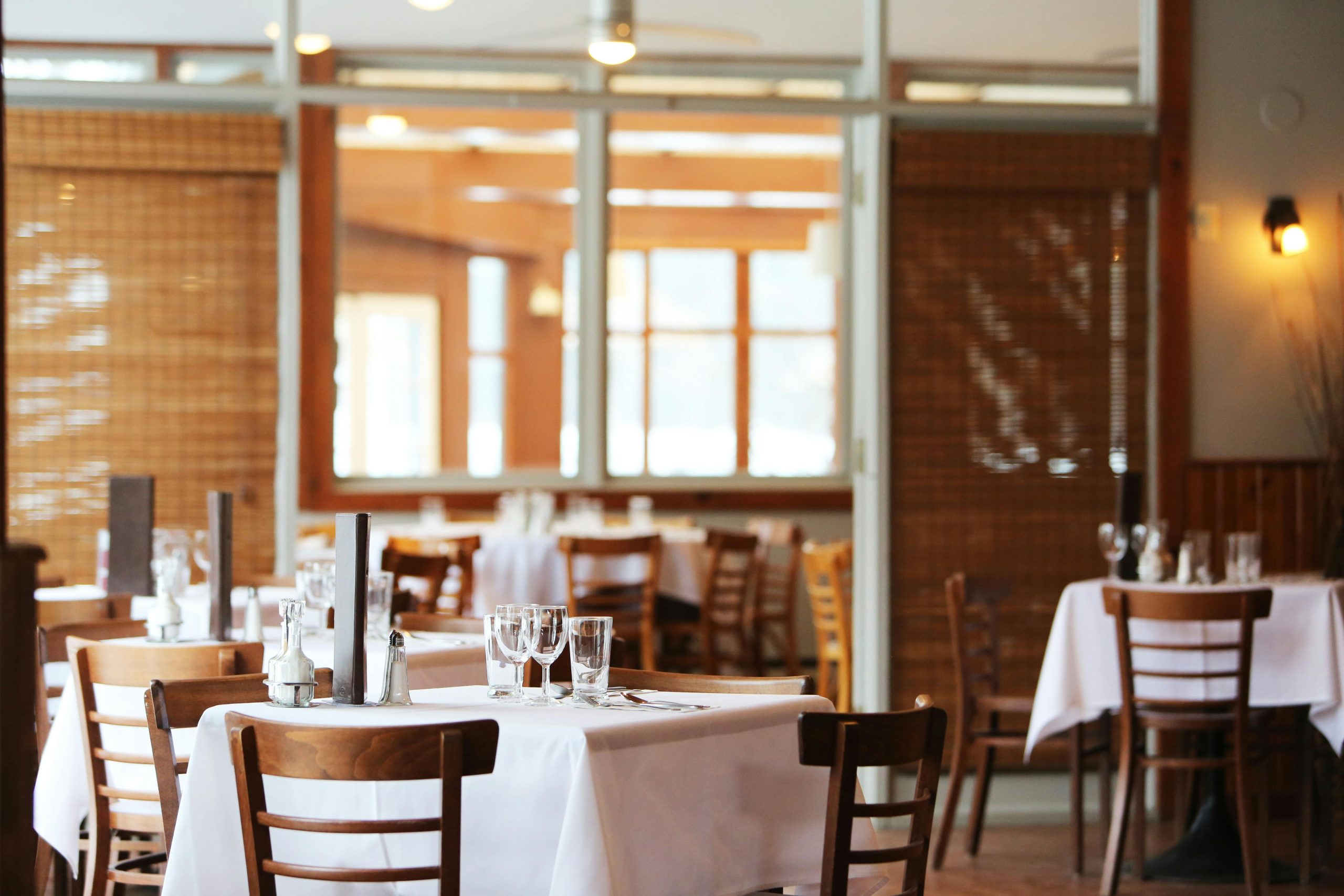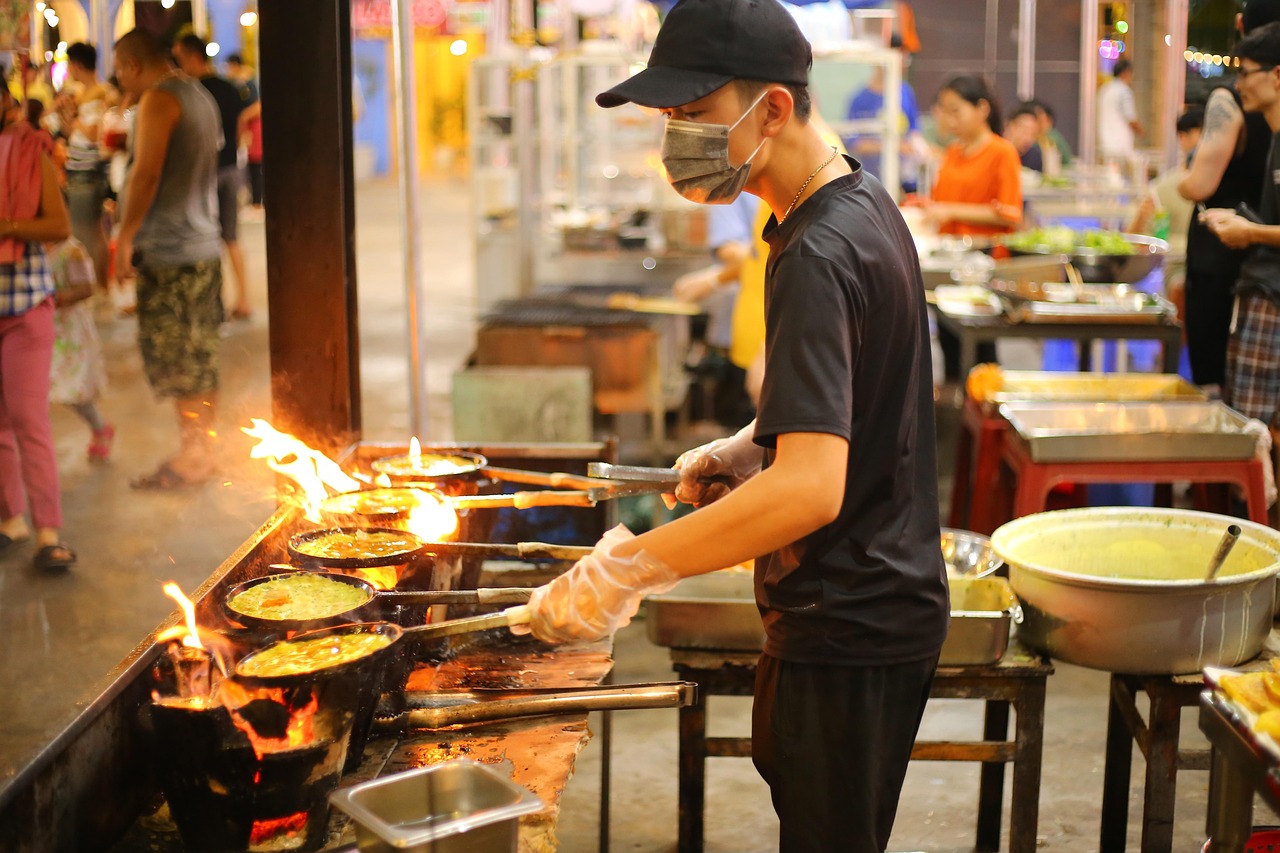Coffee plays a very important role in the history and culture of Saudi Arabia. Kahwa, the traditional Arabic coffee, has been an important part of hospitality and social gatherings for centuries. But now, a new kind of coffee culture is emerging in Saudi Arabia that is a perfect blend of traditional and modern elements. In this article, we will look at how coffee culture is evolving in Saudi Arabia and its impact on society.
Traditional Saudi Coffee Culture
The relationship between Saudi Arabia and coffee is many years old. Kahwa (Kahwa) is the traditional coffee here, made from green coffee beans with cardamom and sometimes saffron or cloves. It is served in a traditional dallah pot and drunk in small finjan cups.
In Saudi culture, coffee is not just a beverage but a symbol of hospitality. The first thing served to guests in the majlis (traditional gathering spaces) is coffee and dates. It is a traditional ritual that is still respected very much.
The Evolution of Coffee Culture
Since Saudi Arabia has been implementing the Vision 2030 plan, there have been many changes in lifestyle and consumer trends. Previously only villages and tea dominated, but now with the arrival of new generations and expatriates, the craze for western-style coffee shops is also increasing. Besides international brands such as Starbucks, Tim Hortons, and Costa Coffee, many homegrown specialty coffee shops are also opening that offer high-quality coffee and unique experiences.
Saudi youth now visit coffee shops not only to taste coffee, but also to meet friends, work or relax. These coffee shops have become not just a place but a cultural phenomenon where people show their creativity, hold business meetings and social interactions.
Specialty Coffee Movement
A new trend has begun in Saudi Arabia for specialty coffee. Specialty coffee is made from high-quality beans and uses refined brewing techniques. Large cities such as Riyadh, Jeddah, and Dammam are opening many local roasteries and specialty coffee cafes that offer ethically sourced and freshly roasted coffee.
Many baristas and coffee enthusiasts are now focusing on latte art and alternative brewing methods such as pour-over, siphon and AeroPress techniques. Saudi youth are not just consuming coffee, but viewing it as an art and science. Coffee workshops and barista training programs are also becoming popular, where people learn the nuances of coffee.
Women and Coffee Culture
Previously, public spaces for women were limited in Saudi Arabia, but now coffee shops provide a safe and inclusive environment where women can meet friends, work or just relax. Cities like Riyadh and Jeddah have many cafes that provide a women-friendly ambiance.
Saudi women entrepreneurs are also entering the coffee industry. Many female-owned coffee brands and roasteries have entered the market promoting high-quality Saudi coffee. It is not just a beverage but is becoming a symbol of empowerment.
Social Media and Coffee Culture
Nowadays social media is playing a big role in promoting coffee culture. People are sharing their coffee experiences on Instagram, TikTok and Snapchat. Aesthetic latte art, cozy coffee shop interiors and unique brewing methods are trending. Saudi influencers and bloggers are also helping in increasing the coffee craze.
Another new trend that has been seen is the ‘third wave coffee movement’, in which people are looking at coffee not just as a drink but as an artisanal experience. High-quality beans, ethical sourcing and precise brewing methods have become important factors influencing the choices of young Saudi consumers.
Rise of Saudi Coffee Brands
Saudi Arabia is now establishing its own local coffee brands that are challenging international chains. Several Saudi entrepreneurs have opened their own roasteries and cafes that provide unique and high-quality coffee. Some popular Saudi coffee brands are:
- Barn’s – Saudi Arabia’s first homegrown coffee chain that has now become popular nationwide.
- Elixir Bunn – A religious-based brand famous for specialty coffee.
- Jolt Coffee – Famous for premium quality and aesthetic coffee shops.
- Camel Step – An artisanal coffee roastery that imports and roasts high-grade coffee beans.
These brands are not just selling coffee, but are also developing a Saudi identity that is making its place in the global coffee market.
Future of Coffee Culture in Saudi Arabia
Saudi Arabia’s coffee culture is evolving day by day and looks set to continue growing. Under Vision 2030, the Saudi government is also supporting coffee farming and local production. High-quality Arabica coffee is being grown in the Asir and Jazan regions and is gaining international recognition.
Saudi Arabia is now becoming not just a coffee consuming country, but also an emerging coffee producer. Local coffee festivals and barista championships are also being held that promote Saudi talent and coffee craftsmanship.
Conclusion
Coffee culture in Saudi Arabia has become quite vibrant and dynamic. From traditional villages to specialty coffee, it’s a journey that connects old and new generations. Coffee is no longer just a drink, but has become a lifestyle, an important part of art and community building.
If you visit Saudi Arabia, do not forget to enjoy the traditional villages and if you are a coffee enthusiast then exploring the specialty coffee cafes is a must-do experience! Discover more cultural gems and experiences at Know Saudi, your guide to everything Saudi Arabia has to offer.




